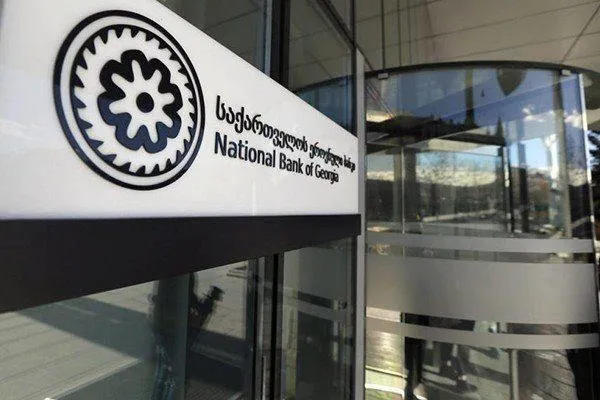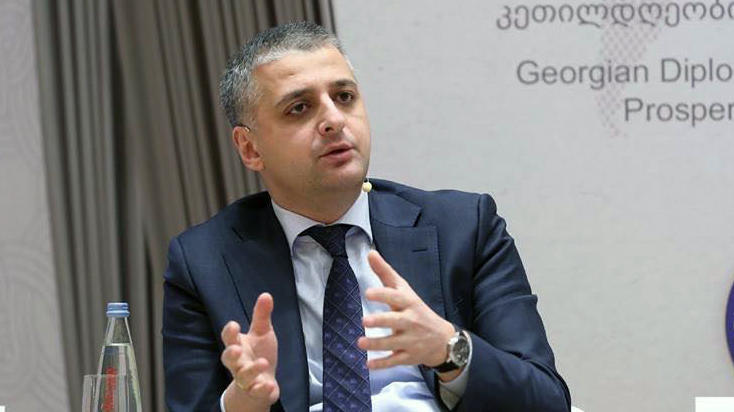NBG leaves its refinancing rate unchanged at 9 %

The National Bank of Georgia left its refinancing rate unchanged at 9 percent on January 29 2020.
"In January-February, the annual inflation rate was 6.4 percent. The forecasts were that inflation in the rest period of the year would be decreased and would gradually return to the target level. The existed rate required maintaining of a strict monetary policy for a certain period of time. However, in the light of the coronaviruses pandemic and the sharp drop of the oil prices on the world market economic uncertainty globally has increased significantly. It is expected that economic growth rates will slow down in our trading partners as well as in Georgia, but at this stage it is impossible to make accurate estimates based on the available data.
It is important to note that various factors are putting pressure on inflation from both side. The volatility of FX markets in Georgia as well as in other countries of the region is high and the depreciation of the nominal effective exchange rate will exert the upward pressure on inflation expectations. Meanwhile, the weak external demand reduces the domestic demand significantly, which will have a downward pressure on inflation. In the medium term, the inflation dynamics will be determined by the interaction of these two factors. If the pressure on inflation from the nominal effective exchange rate turns out to be stronger, the NBG will consider the tightening of monetary policy stance. While, if the decline in external and domestic demand will be so strong and long-lasting that, despite the depreciation of the currency, it will create a downward pressure on inflation, the NBG will start to ease monetary policy stance. Hence, considering high level of uncertainty, the Monetary Policy Committee deemed it appropriate to leave the interest rate unchanged at this stage and to maintain a tight monetary policy.
In addition, we approached the International Monetary Fund to increase access to funding in the near future under its Extended Fund Facility (EFF) program. Moreover, additional funds will be allocated by other international donors to mitigate the effects of the coronavirus pandemic. Overall, it will help eliminate the external imbalance and will positively impact the nominal effective exchange rate and, consequently, the medium-term inflation dynamics.
The NBG continues to actively monitor the developments in the economy and along with the release of new data that will allow us to better assess the situation, the NBG will use all available tools to ensure price stability.
The next meeting of the Monetary Policy Committee is scheduled on April 29, 2020. However, if necessary, the Committee will consider the possibility of extraordinary meeting,” the NBG said.
